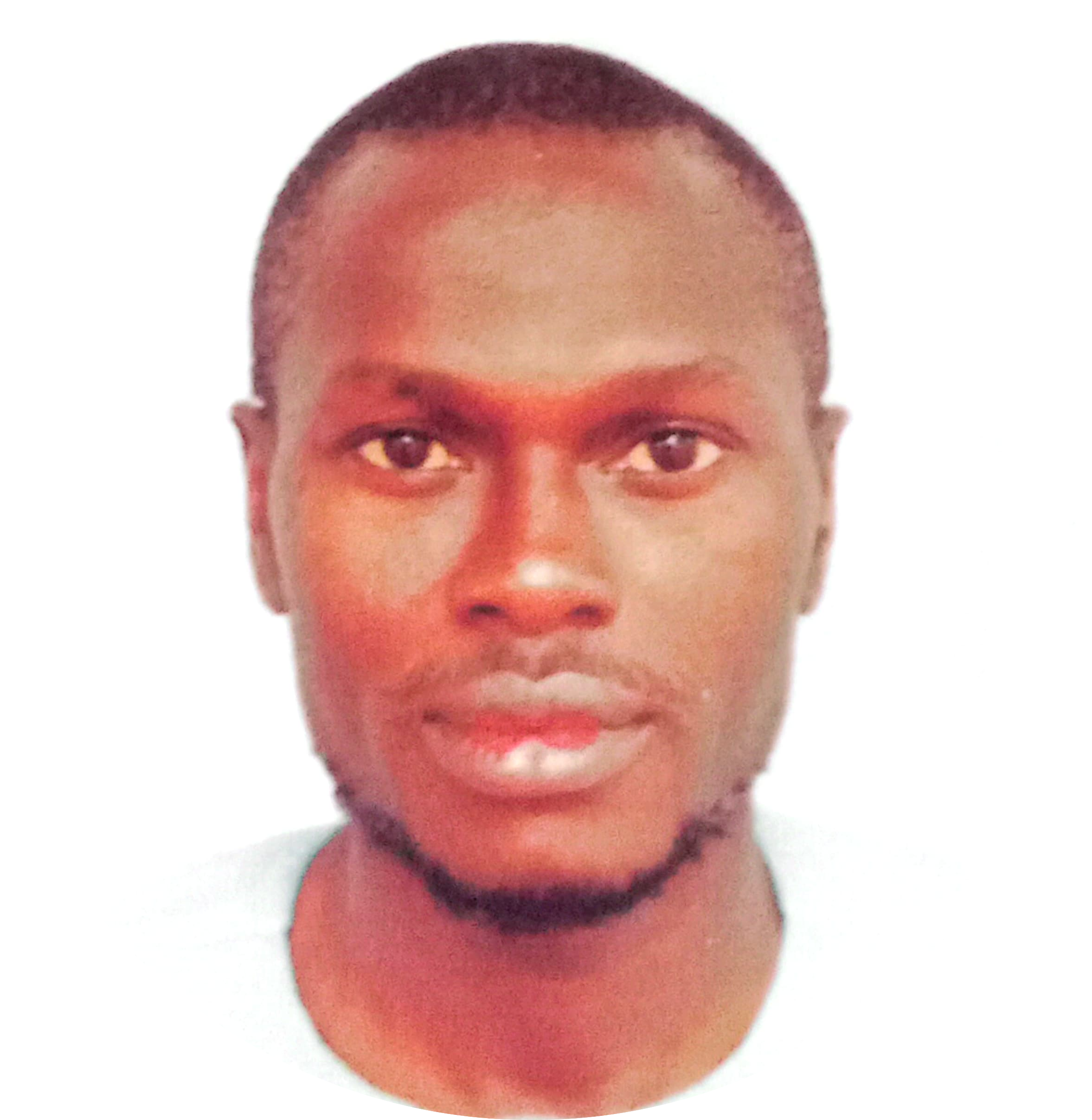Dr. AbdulGafar Olawale Fahm
 Dr. AbdulGafar Olawale Fahm
Dr. AbdulGafar Olawale Fahm

Short Bio
Dr. AbdulGafar Olawale Fahm is a Senior Lecturer in the Department of Religions and Deputy Director (Academics) at the Centre for Open and Distance Learning, University of Ilorin, Nigeria. He also serves as the Examination Officer in the Department of Religions and has held various leadership roles, including Pioneer Programme Coordinator at the Centre for Cultural Studies and Creative Arts. His research primarily focuses on Islamic studies, with a broad range of interests including Islamic education, ethical principles, and the role of Islam in addressing contemporary global challenges such as climate change and technology.
Dr. Fahm has been awarded prestigious research grants, including the TETFund Institution-Based Research Fund Award and the TETFund National Research Fund. His achievements also include the University of Ilorin Lead Author Merit Award and Faculty Researcher of the Year (Humanities Cluster). With a Ph.D. from the International Islamic University Malaysia, he has published extensively and presented his work at numerous national and international conferences. Dr. Fahm is an active member of various professional associations and is committed to fostering interfaith dialogue and cross-cultural understanding through his academic contributions.
Selected Publications
- Fahm, A. O. (2020). Remaking society from within: An investigation into contemporary Islamic activism in Nigeria. Heliyon, 6(7).
- Fahm, A. O., Azeez, A. L., Imam-Fulani, Y. O., Mejabi, O. V., Faruk, N., Abdulrahaman, M. D., ... & Surajudeen-Bakinde, N. T. (2022). ICT enabled Almajiri education in Nigeria: Challenges and prospects. Education and information technologies, 1-35.
- Fahm, A. O. (2022). Investment and Wealth Management in Contemporary Times: Zakat as a Viable Approach. In Wealth Management and Investment in Islamic Settings: Opportunities and Challenges (pp. 91-102). Singapore: Springer Nature Singapore.
- Robbana, A., Raghibi, A., & Fahm, A. O. (2023). Revisiting Socioeconomic Development Hypothesis: Does Zakat Matter for OIC Member Countries?. Journal of the Knowledge Economy, 1-26.
- Fahm, A. O., & Memud, S. Y. (2024). Examining the contributions of muslim women in achieving sustainable development goals in Nigeria. Discover Global Society, 2(1), 1-15.

Project Description
“Impact of Digital Technology on Islamic Learning in Contemporary Nigerian Muslim Societies: An Ethical Exploration
This project investigates the transformative role of digital technology on Islamic learning within Nigerian Muslim societies, with a focus on the ethical implications that arise in the contemporary digital landscape. Digital technology, including social media platforms, online learning portals, and mobile applications, has redefined traditional methods of religious education, making Islamic teachings more accessible than ever before. However, this accessibility brings both opportunities and challenges.
This study critically examines how digital platforms contribute to knowledge dissemination and the reshaping of religious authority, as well as the potential risks of misinformation and doctrinal disputes within online Islamic learning communities. The study explores issues such as the digital divide and accessibility, which highlight barriers faced by learners in remote and underserved areas. In addition, the project explores the dual nature of social media as a tool for religious education that can empower users while also presenting risks to the authenticity and credibility of Islamic knowledge.
By employing qualitative research methodologies and ethical analysis, this project aims to offer insights into how digital transformation can be ethically navigated to benefit Islamic learning and preserve its integrity within Nigerian Muslim societies. The outcomes of this research will contribute to policy recommendations, digital literacy, and educational strategies that support ethically sound and inclusive digital Islamic education.”

